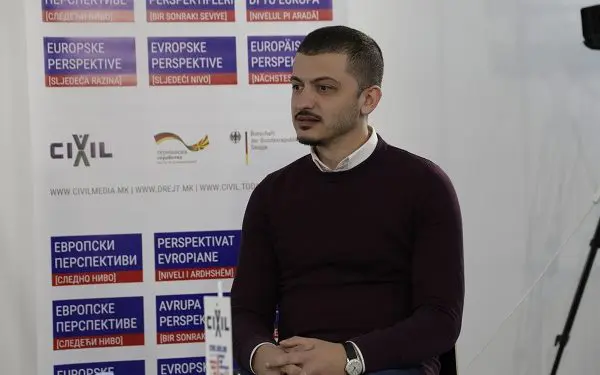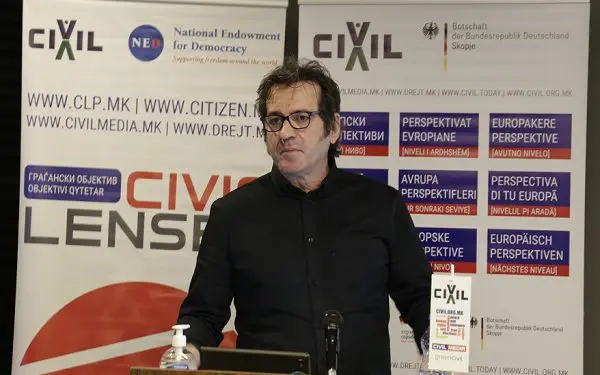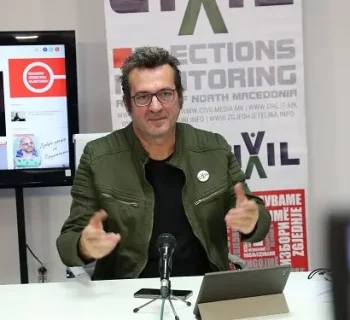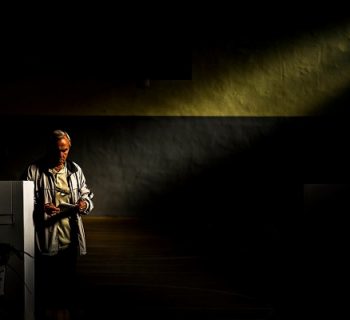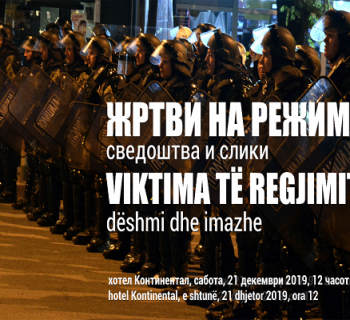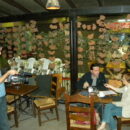The very decision to postpone the census, following the meeting of the political leaders of the two bigger parties, shows that we had a political, and not a statistical operation, says Suad Skenderi from Romalitico and part of the AVAJA Initiative, at the panel “Smaller ethnic communities between statistics and politics” organized by CIVIL.
“The census, for the smaller ethnic communities, particularly for the Roma, is a political issue and not just an ordinary statistical operation, as the census is actually a tool for the bigger ethnic communities for demographic engineering.
After 2001, namely, after the Framework Agreement, all policies are created according to representation of communities. That is why it is a political issue, because the bigger the number, the bigger the representation in state and public administration and other institutions”, stressed Skenderi.
He says that according to all data, there are 80.000 to 100.000 Roma in the Republic of North Macedonia.
Skenderi pointed out that they encountered a series of problems during the census.
“In Gostivar, an enumerator took photos of ID cards of citizens and filled out data at home. After the reaction of AVAJA, that enumerator was suspended and the enumeration was repeated in that place, where Macedonians, Roma and Albanians live.
A same such case is also registered in Strumica where Turks and Roma live, where in front of a store an enumerator took photos of the ID cards and entered the data at home.
In Veles, the enumerator was accompanied with agitators from the Turkish ethnic community and went from house to house to enumerate.
In Radovis we had reports from citizens that the freedom of citizens was abused, more specifically, that pressure and intimidation was carried out”, emphasized Skenderi.
He says that they reported all these cases to the State Statistical Office, but are not satisfied with the reaction.
Skenderi adds that an entire Roma neighborhood in Topaana was enumerated on the last day of the census and that there were many reports that enumerators had not at all been to some households. He says that they had received a promise from the SAO that with networking of the data, all citizens would be enumerated.
“I agree that they can do this, but how will they network the ethnic concept, isn’t that a sentiment? Can I not be one thing today, and another tomorrow? No one can impose on you the ethnic sentiment, that is, the feeling of belonging”, said Skenderi.
He added that during the census, the AVAJA Initiative carried out a campaign titled “Proud Roma in North Macedonia”.
Panel led by Dehran Muratov
Text editing: Diana Tahiri
Camera: Atanas Petrovski
Editing and realization: Arian Mehmeti
Translation: N. Cvetkovska
 Македонски
Македонски Shqip
Shqip English
English
